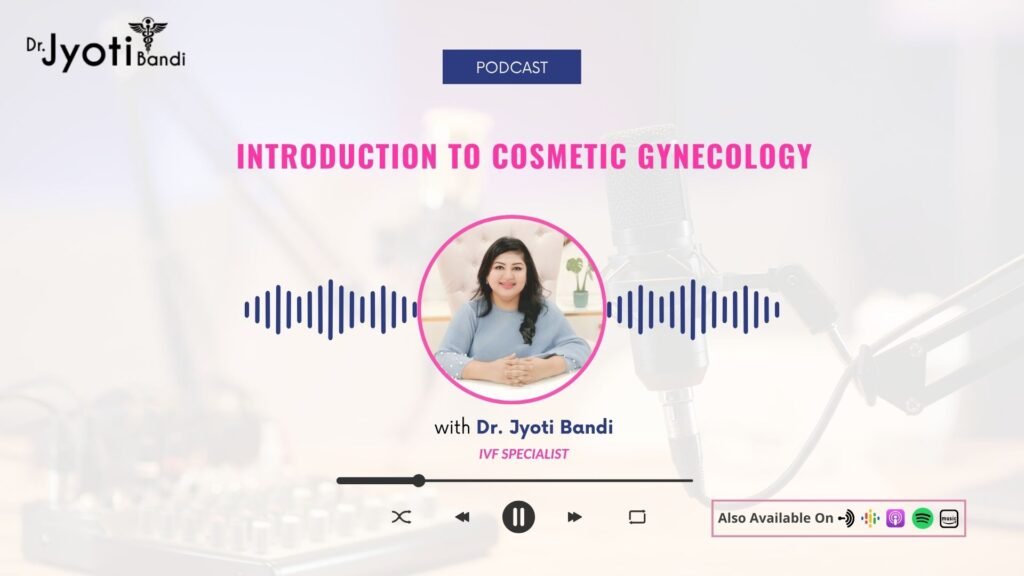Podcast-28: Fibroids and Embryo Implantation: Is There a Link?
Welcome to Gyne Talk with Dr. Jyoti Bandi, where we address vital topics in fertility and women’s health. Today, we’re exploring an important question for those planning pregnancy—can fibroids affect embryo implantation?
Understanding the Connection
The short answer is yes—fibroids can impact implantation, depending on their type, size, and location.
- Submucosal fibroids (growing into the uterine cavity) can distort the endometrial lining, the very site where an embryo needs to implant and grow. This disruption can make implantation more difficult and may increase the risk of miscarriage.
- Large intramural fibroids (growing within the uterine wall) can reduce blood flow to the uterine lining or alter the shape of the uterus, making it less receptive to embryo attachment.
Do All Fibroids Affect Fertility?
Not necessarily. Many fibroids do not interfere with conception or IVF success. This is why a detailed pelvic scan or hysteroscopy before fertility treatment is crucial. These tests help identify whether fibroids are disrupting the uterine environment and guide decisions about removal.
The Importance of a Personalized Approach
Every patient’s situation is unique. If you have faced implantation challenges or repeated IVF failures, it’s worth investigating whether fibroids are a contributing factor. With the right diagnosis and tailored treatment, you can improve your chances of a successful pregnancy.
Dr. Jyoti Bandi emphasizes that a personalized fertility plan—based on thorough evaluation—can make all the difference.


